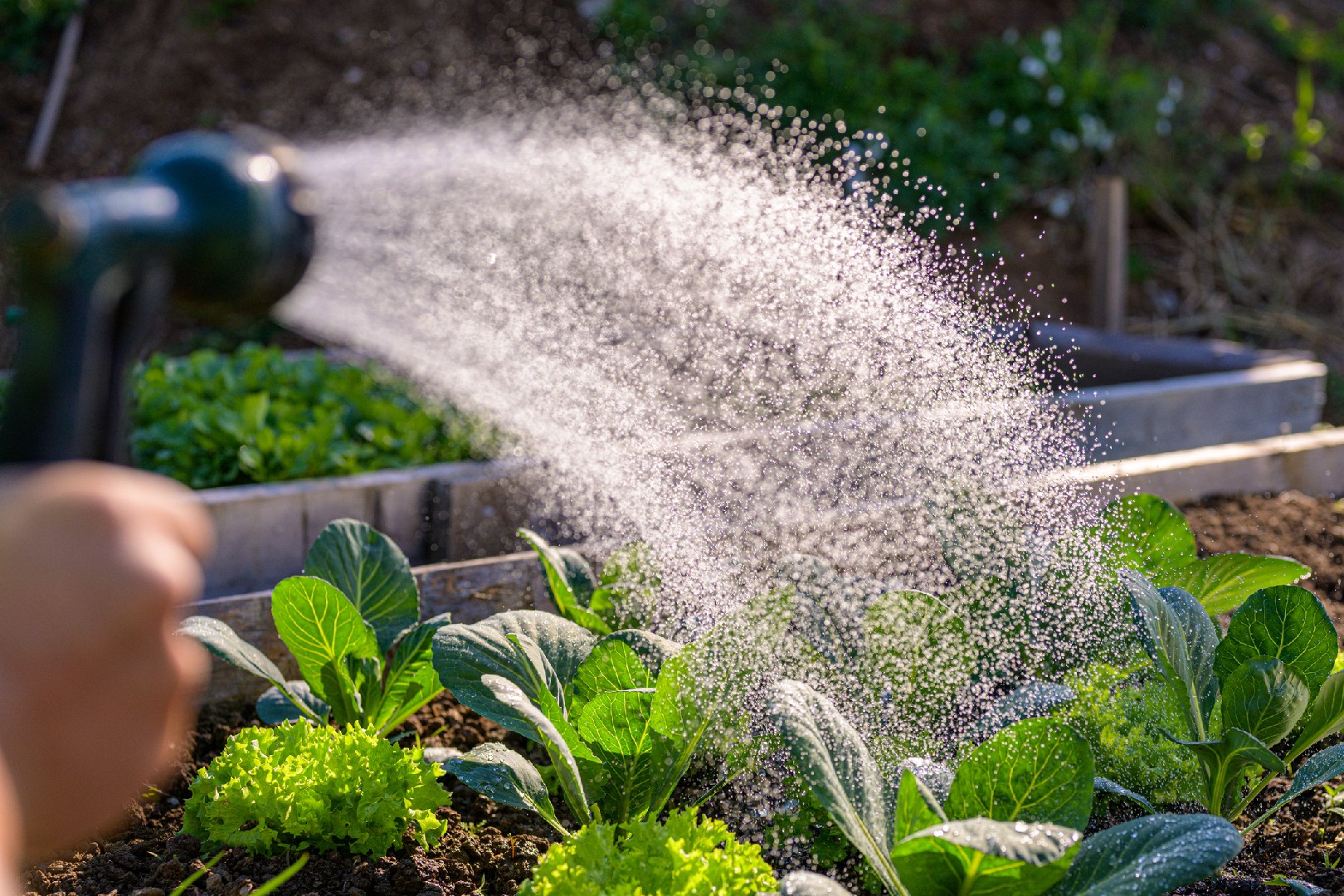![Rectangle]()
Understanding the Concepts: Water Conservation and Organic Edible Gardening
Water conservation and organic edible gardening are two important concepts that go hand in hand when it comes to sustainable gardening practices. In this section, we will delve deeper into these concepts and explore how they intersect.
Water conservation can be defined as the practice of using water efficiently and responsibly to minimize waste and ensure its availability for future generations. It involves employing strategies and techniques that reduce water usage, such as proper irrigation methods, mulching, and collecting rainwater. Water conservation is crucial for several reasons. First and foremost, water is a limited resource, and with the increasing demands of a growing population, it is essential to use it wisely. Additionally, conserving water helps to protect ecosystems and maintain a healthy environment. By reducing our water usage, we can preserve aquatic habitats, prevent water pollution, and mitigate the effects of drought.
Organic edible gardening, on the other hand, refers to the practice of growing fruits, vegetables, herbs, and other edible plants without the use of synthetic fertilizers, pesticides, or genetically modified organisms. It focuses on cultivating plants in harmony with nature, using natural methods to control pests and enhance soil fertility. Organic gardening has numerous benefits, both for the environment and for our health. By avoiding chemical inputs, we can reduce water pollution, soil degradation, and the negative impact on biodiversity. Organic produce is also healthier for consumption, as it is free from harmful residues.
Now, let's explore the intersection of water conservation and organic gardening. One of the key principles of organic gardening is soil health, and proper watering is essential for maintaining healthy soil. Water conservation techniques, such as deep watering and mulching, help to retain moisture in the soil, reducing the need for frequent irrigation. This not only saves water but also encourages the development of a strong root system, making plants more resilient to drought.
Another important aspect is the use of compost and organic matter in the soil. Organic matter acts as a sponge, holding water and releasing it slowly to plant roots. By improving soil structure, organic matter helps to prevent water runoff and improves overall water retention. Additionally, organic gardening practices encourage the use of drought-tolerant plant varieties, which require less water compared to conventional varieties.
To practice water conservation in organic edible gardening, here are some practical tips you can follow:
- Install a drip irrigation system or use soaker hoses to deliver water directly to the plant roots, minimizing evaporation.
- Mulch around plants with organic materials, such as straw or wood chips, to suppress weeds and retain soil moisture.
- Collect rainwater in barrels or tanks and use it for irrigation during dry periods.
- Incorporate compost or well-rotted manure into the soil to improve its water-holding capacity.
- Choose native or drought-tolerant plant varieties that are well-suited to your climate.
By understanding the concepts of water conservation and organic edible gardening and putting them into practice, you can create a sustainable and productive garden that conserves water while providing you with healthy and delicious food. So, start implementing these techniques and enjoy the benefits of a thriving organic edible garden?





